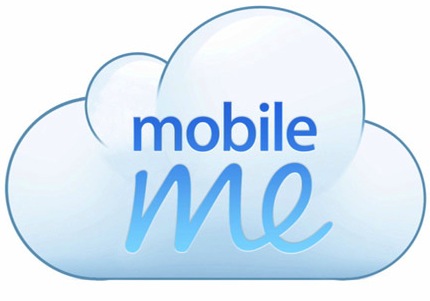Cult of Mac is today reporting that some of the new features in a supposedly revamped MobileMe could include a live video streaming service, a location based check-in system and a geo-tagging service. The information was gathered from an anonymous source that said Apple is working ambitiously on cloud computing features for MobileMe, particularly to enable sharing data and location-based services.
The centerpiece of the re-invigorated MobileMe would be a “dynamic webpage that sounds like a mashup of Facebook, Foursquare and Ustream.” This page would aggregate information garnered from a users iPhone, iPad or iPod Touch including the users location, photos and videos. This sounds like a similar service to what Apple was granted a patent to last year regarding ‘Social Workflows’ which would allow simple sharing of information with others.
In addition the users individual webpage could include a list of their iTunes store purchases, music they’ve listened to, applications they’ve used, games they’ve played, status updates and so on. A Ustream-like video streaming service would also be a prominent feature of the personal page, allowing users to stream live video to their page. This new information about a dynamic page full of users content such as photos and videos seems to elaborate upon the earlier discoveries of a Photo and Media Stream in iOS 4.3 code in late January.
Another keystone feature of this supposed revamp would include “Tokens” which would be a geo-tagging service similar to Facebook places that also allows users to tag GPS locations with information, tips and photos, allowing other users to stumble open this information when looking at a particular place.
The dynamic page could update in two ways according to the source, either the user could send data to it or when a visitor lands on the page, or it could ping the iOS device for information. Apple will supposedly put in place extensive controls on this service to limit explicitly how much and what information is displayed on a user’s site to prevent any privacy backlash as Facebook experienced. Users could also make information public or private and selectively chose what information they want to share with members of their iGroup (a patented social location app that tracks a users friends).
[Via Cult of Mac]


